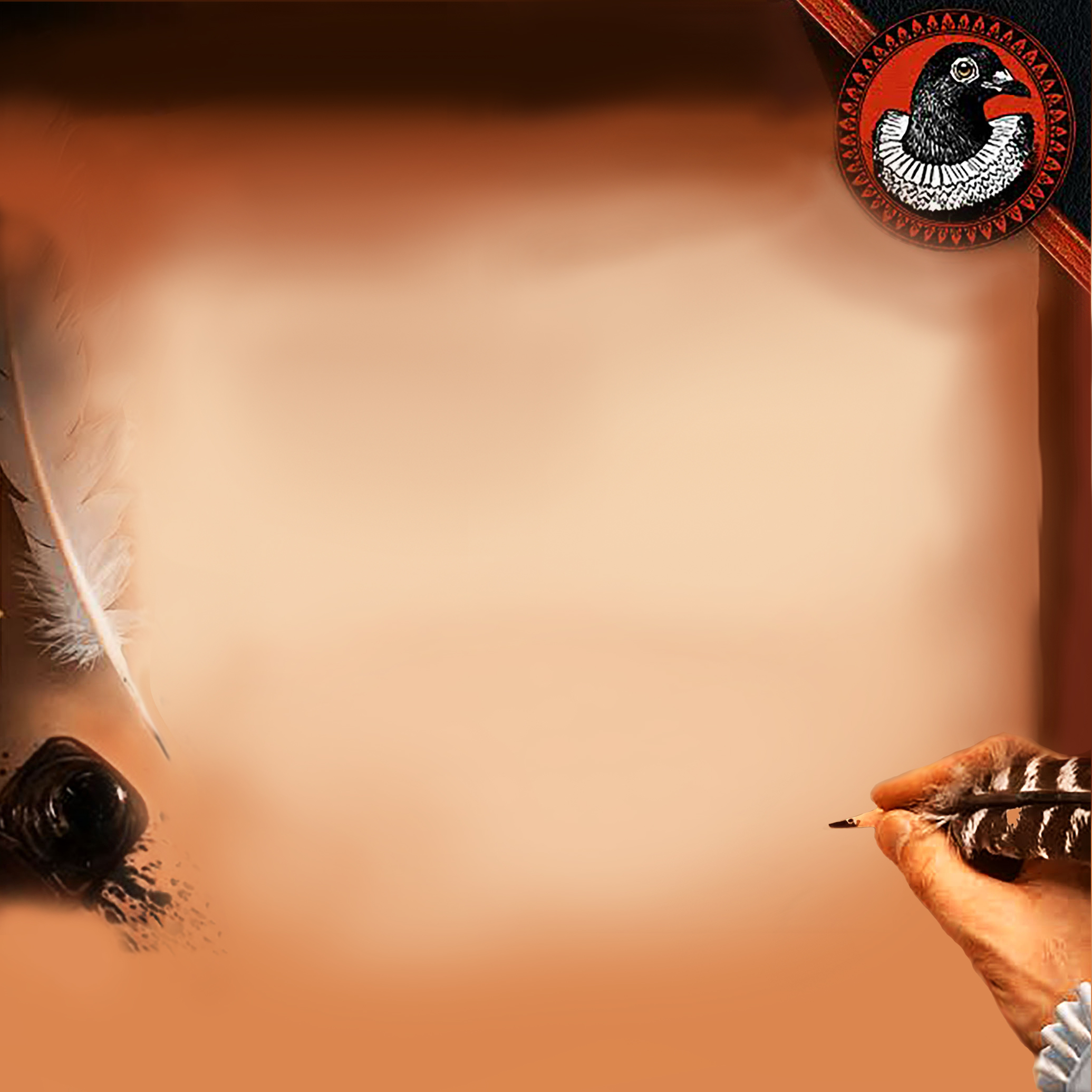Bread is getting more expensive, and there have been some as yet minor food riots in the Middle East, which has seen its traditional supply of grain, from Ukraine, disrupted by the war. England saw grain shortages and food riots regularly in Shakespeare’s time, and the bard knew he would find a reponsive audience for a tale of food riots in antiquity, specifically the shortage of 491 B.C. Here’s a citizen of Rome laying out the people’s complaint:
Citizen: “If they would yield us but the superfluity, while it were wholesome, we might guess they relieved us humanely; but they think we are too dear: the leanness that afflicts us, the object of our misery, is as an inventory to particularise their abundance; our sufferance is a gain to them. Let us revenge this with our pikes, ere we become rakes: for the gods know I speak this in hunger for bread, not in thirst for revenge.”
Agrippa Menenius answers for the aristocrats, saying the grain shortage is the doing of the gods, not the patricians. We might substitute, for global warming, the gods, since each requires supplication and takes the responsibility out of the government’s hands. Don’t look at the man-made fertilizer shortage:
Menenius: “I tell you, friends, most charitable care
Have the patricians of you. For your wants,
Your suffering in this dearth, you may as well
Strike at the heaven with your staves as lift them
Against the Roman state, … For the dearth,
The gods, not the patricians, make it, and
Your knees to them, not arms, must help. Alack!
You are transported by calamity
Thither where more attends you…”
As for the broader story of the play, it concerns a Roman general named Coriolanus, who argued that the people should receive grain only if recent plebian reforms granting commoners more political power were reversed. This was not a popular position, but Coriolanus held to it, and as a sop to the mob, he was exiled. He then took up arms against the Roman empire, leading a Volscian army right to the gates of Rome. He fought, though, on behalf of patricians – of either side – not plebians, and he directed his army to destroy the commoners’ fields, and spare the lands of the rich.
World Economic Forum, anyone?
